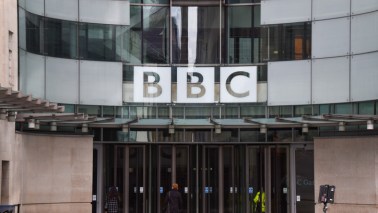Having spoken to civic leaders in Leeds yesterday about the impact of high-speed rail investment, I cannot recognise the world lived in by Matt Sinclair and the campaign against HS2. In the Midlands and the North, high-speed rail represents opportunity. Opportunities for business people to reach new markets, quickly, cheaply and with minimal hassle. Opportunities for bread-winners to reach new employers. Yes, it’s a massive investment. But the potential for our national wealth is also massive
At the “Yes to HS2, Yes to Jobs” action days in Manchester and Birmingham, you felt some of this excitement among the businesspeople, civic leaders and young people who came out to show their support. You can see some of these people on our video above.
Matt Sinclair lives in a tiny bubble in the South of England. For him, transport investment should be simply about tinkering with our dated system. He would prioritise the exaggerated claims of a few privileged people in the Home Counties over the economic needs of millions of people. But that should not allow him to perpetuate myths which are, sadly, cynically misleading. Let me dispose of three big ones.
First, the idea that high-speed travel is somehow for rich business people is unfounded by the experience of overseas operators, and by simple laws of economics. After all, a massive increase in rail capacity must surely lead to falling ticket prices. The Secretary of State for Transport has repeatedly outlined the importance of this outcome. It’s those who seek to ration our sparse rail resources who will end up raising prices further.
Second, the idea that the scheme will “cost £1,000 per family” is simply not true. This is a massively misleading oversimplification because it doesn’t take into account the significant financial returns that will be generated from an investment in high-speed rail such as franchise sales, ticket income and property development around newly-built stations.
A third untruth is that HS2 will not benefit many towns described by Mr Sinclair as “north of the Watford Gap”. We have a train system that is full and in dire need to create new capacity. Building capacity will clear other subsidiary routes, which means more capacity, better comfort and quicker journey times.
London has benefited from tens of billions of pounds of infrastructure investment over recent decades. It has made the capital into a great city. But it is time to share our infrastructure investment more fairly. We need to plan infrastructure that binds our country together not pulls it apart.
Building a new high-speed rail line can be a part of solving some of the big questions facing this country today and in the future. We need to create efficiency but also fairness. I am sorry that the TPA is wilfully ignoring this pressing need.
Professor David Begg is Director of the Campaign for High-Speed Rail





Comments